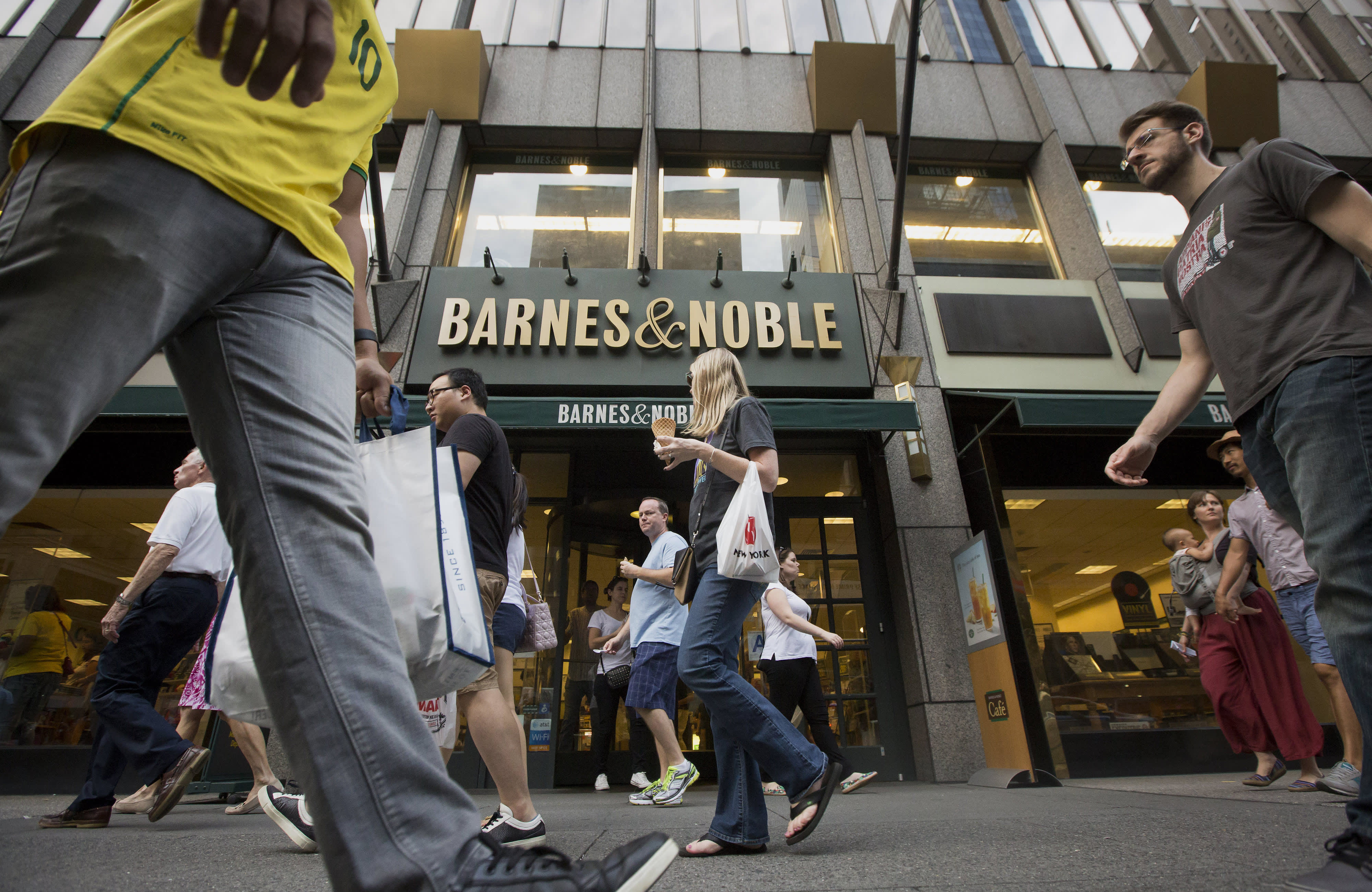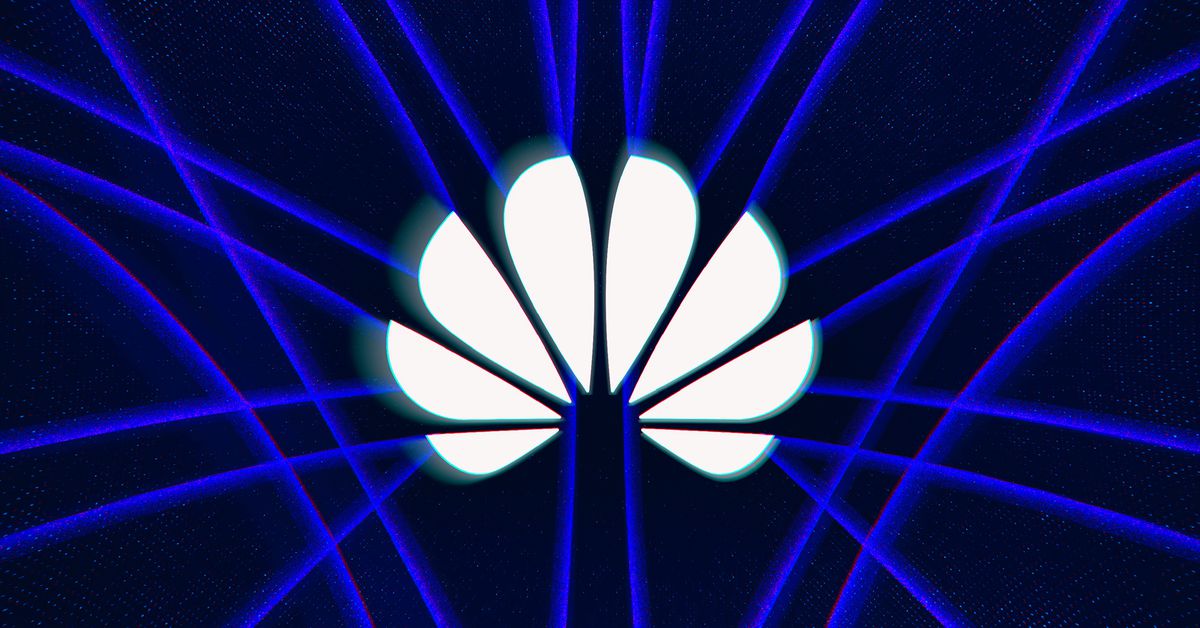The Federal Communications Commission is pushing phone companies to implement robocall blocking services by default.
John Raoux/AP
hide caption
toggle caption
John Raoux/AP
Your phone company may start blocking robocalls without your needing to ask for it.
On Thursday, the Federal Communications Commission passed a ruling that allows and encourages phone companies to block robocalls by default.
"We think these actions will help consumers in the near term and the long term to get the peace and the quiet that they deserve," said FCC Chairman Ajit Pai.
At the moment many phone companies offer services that block robocalls, but consumers have to specifically ask and often pay for it. The ruling requires companies to inform consumers of the change and give them an option to opt out of having their calls blocked.
Robocalls are a rising nuisance in the U.S., and many of them are illegal scams. The call-blocking company YouMail estimates that there were some 4.7 billion robocalls placed in the U.S. in May alone.
The FCC has long encouraged phone companies to take firmer action on robocalls, and Pai describes stemming scam robocalls as his "top consumer protection priority."
But historically, phone companies have appeared reluctant to take sweeping action against them — in part, because it's not always easy to determine which calls consumers would actually want blocked. For example, some people would want an automatic call reminding them to pay an overdue bill, while others might find that call irritating.
While the FCC now says that the companies are specifically allowed to block robocalls by default, it's still a question as to whether they will be sheltered from legal liability if they block a call that the consumer wants or needs. The FCC has proposed offering a legal "safe harbor" if the companies are using an authentication framework encouraged by the commission that can verify whether a call is actually coming from where a caller ID says it is. That part of the FCC's proposal is heading to the public for comment before it can become official.
"I think safe harbor is extremely important to the carriers because they don't want the liability for something going wrong because they blocked a call that matters," Alex Quilici, a robocall expert and the CEO of YouMail, tells NPR.
The ruling appears to leave the determination of which calls to block up to the companies, saying that must be "based on reasonable call analytics."
Quilici expects companies to proceed cautiously with implementing new services. "My prediction is that carriers roll things out slowly," he says, and they are likely to focus on the calls that are clearly illegal. "I think it's going to be a much bigger challenge for carriers to get comfortable at blocking a lot more robocalls by default."
USTelecom, a trade group that represents telecommunications providers, called the FCC's ruling an "important step."
It acknowledged there is more work to be done but stressed that "greater flexibility for carriers is a win for consumers."
The ruling also opens the door for companies to offer an even more restrictive option for consumers: The FCC says providers can offer consumers the option of only allowing calls from numbers that are on their contact lists.
It's worth noting that the ruling does not mandate that companies provide the default call-blocking service at no charge, though it does say that it "would expect most if not all" providers to do so.
That was a disappointment to FCC Commissioner Jessica Rosenworcel, a Democrat. She voted for the ruling but dissented on the part about cost: "I do not think that this agency should pat itself on the back for its efforts to reduce robocalls and then tell consumers to pay up."
Let's block ads! (Why?)
https://www.npr.org/2019/06/06/730415950/heres-why-you-may-start-receiving-fewer-robocalls
2019-06-06 21:52:00Z
52780309612669



